Should Amazon impose a ban on AI-authors?
Like it or not, Artificial Intelligence is here to stay, but how does it impact authors? Can it really be used as a replacement to write books, and if so, should companies like Amazon be moving to ban AI-authors from their KDP platform? With such a new and rapidly changing technology, there are often more questions than answers, especially when that technology seems to threaten jobs.
To help make sense of it all, Ginger is looking at the current state of Artificial Intelligence and how it applies to writing. Is it time for publishing companies to try and put a stop to it, or is it already too late? And more importantly, do authors really have anything to worry about?
It may still be in its infancy, but Artificial Intelligence is already changing the very nature of the world around us. It seems like we hear new examples of this daily, such as when IBM announced they were planning to replace 7,800 jobs with AI and automation in coming years, or when the UK’s British Telecom declared that they were planning to replace more than 10,000 jobs with new technology powered by AI.
For those in the creative fields, AI has proven to be something of a double-edged sword. Services like ChatGPT have been an incredible help for generating social media posts and suggesting taglines and titles. However, more and more self-published authors are concerned that AI-generated content could be about to replace books written by human beings.
It’s not a conspiracy theory, either. In February of this year, over 200 self-published ebooks listed ChatGPT as one of the authors – and it’s suspected that countless more were submitted that had been penned by AI-authors, but published under a real person’s name.
Given how highly competitive self publishing on Amazon has already become, many authors are concerned that their books will be overshadowed by titles generated by AI – and real writing will become obsolete.
The danger of AI writing
Elon Musk, one of the original founders of OpenAI was recently quoted saying: “AI is more dangerous than, say, mismanaged aircraft design or production maintenance or bad car production, in the sense that it has the potential — however small one may regard that probability, but it is non-trivial — it has the potential of civilization destruction.”
For those of us who’ve watched the Terminator movies, or remember HAL 9000 from 2001: A Space Odyssey, this might seem like an ominous message. If artificial intelligence is the equivalent of Pandora’s Box, it’s already been opened and is already wreaking havoc across the world.
In terms of publishing, though, it’s still uncertain how big the impact of AI-written content will be.
Yes, there were 200 titles published using AI in February of this year alone – but it’s also worth pointing out that very few of them made much of an impact on the marketplace. Reuters reported on one author named Frank White, who published a 119-page novella written by artificial intelligence called Galactic Pimp. The book took him mere seconds to produce – but with a 2.3 rating on just three reviews, it’s arguable whether or not even those few seconds were productively spent.
The fact is that long-form content produced by AI-authors is still nowhere near as engaging, entertaining, or human as content written by real people – and readers are aware of that! In one of the book’s one-star reviews, Watchman writes that Galactic Pimp features: “…characters whose every action seems tinny and flat, as well as a plot that is at once ridiculous and predictable.”
So, given that AI-generated books are still unsatisfying for readers, it’s arguable that the influx of AI-content isn’t really going to impact self-published authors that much – especially since Amazon has already embedded advertising so extensively into their platform that books published without any marketing behind them are generally invisible.
But will that always be the case? As artificial intelligence becomes more and more sophisticated, should authors be concerned that the future of literature will be in robotic hands?
Should Amazon ban books written by AI-authors?
Understandably, as AI language models like ChatGPT become more advanced, questions have arisen regarding their impact on self-publishing – and whether platforms like Amazon Kindle Direct Publishing should ban titles written by AI.
There’s no doubt that AI-written titles undermine the authenticity and humanity that readers cherish in their books, and that publishing AI-generated content might continue to flood the market with low-quality and derivative titles. There’s also a concern about how these books fit into the legal context of self-publishing and intellectual property rights, with some fearing plagiarism and many questioning whether existing copyright laws can even be applied to AI generated work.
But at the moment Amazon has no rules regarding the publishing of AI-generated content, and no means to uphold such a rule even if it did exist. The more sophisticated AI-authors become, the more difficult it also becomes to pinpoint content written by programs like ChatGPT – which ultimately means that any limitations set by Amazon might be unenforceable.
But there are people arguing that the best response to the rise of AI is to embrace the technology, not spurn it – since the limitations of AI might mean it never gets to the point at which authors need to be in fear for their jobs.
The limitations of Artificial Intelligence
I’d argue that no matter how “good” artificial intelligence becomes, it’s never going to replace human beings when it comes to the production of meaningful, well-written, and (most importantly) commercially-successful fiction.
There’s evidence to support this belief, too. Recently GPT-3, the fourth version of ChatGPT, was used to complete several exams – including the Uniform Bar Exam, Law School Admission Test (LSAT), Graduate Record Examinations (GRE), and the Advanced Placement (AP) exams.
For the most part, the ChatGPT-engineered exams scored incredibly high. AI basically aced the LSATS and GRE. However, it failed both English language and English Literature exams – strongly suggesting that the cognitive complexity needed to contextualize and generate the written word is one that remains outside of its abilities; and perhaps always will be. (And in case you’re wondering, GPT-4 didn’t do much better on similar exams.)
After all, the most effective writing is that which generates an emotional response – and when it’s written by a computer program that cannot feel emotions, writing can’t help but feel inherently flat and unemotional. Reading AI-generated books like Galactic Pimp is fun precisely because of how weird, obscure, and inhuman the text is – and I’m not sure that’s likely to change any time soon!
Yes, there are authors finding success with AI by using tools like Novel AI (which we covered in a recent podcast) but these are essentially all tools. They can help authors write faster and more fluently, but the work they produce still needs that human direction to be engaging.
And writing a book remains only part of the battle. Given the prevalence of advertising on Amazon, and the oversaturation of self-published titles on the platform, it’s become clear that successful authors know how to write books that engage and make them visible to potential audiences through advertising and marketing.
For AI-written books to pose any real threat to authors, they’d have to be marketed just as aggressively – and there’s no quick and easy artificial intelligence tool created to do that (at least not yet.)
Plus, the secret to a successful book is for it to be good – and even if they were marketed effectively, books written by AI still aren’t the kind of thing that readers eagerly engage with. Lee Child and EL James don’t need to worry about their books being dethroned by AI-created content anytime soon because few people are reading complete AI-written content for anything other than amusement value.
Now, don’t get me wrong – I’m aware that things can change. However, I truly believe that AI will usher in a brighter future for aspiring authors and creators, and not the other way around. There are still so many ways to be successful in this industry, so rather than worry about AI-authors replacing us, we flesh and blood authors should instead be using the technology to help us work faster or more efficiently.
Do you agree? Let me know your thoughts in the comment section below – and keep an eye on the blog, because we’ll definitely have more content about AI to come in the very near future.


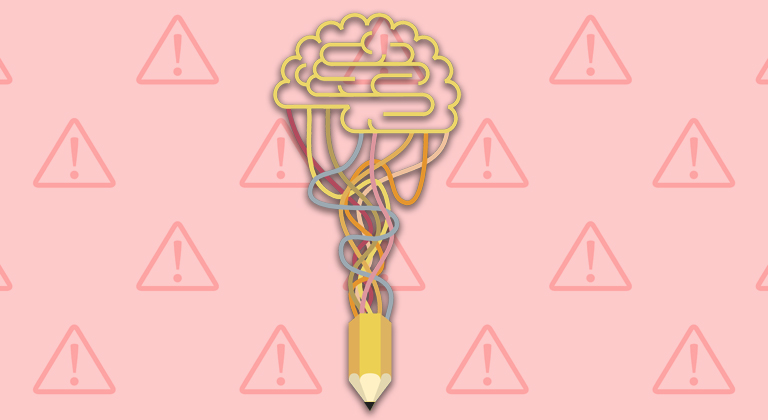

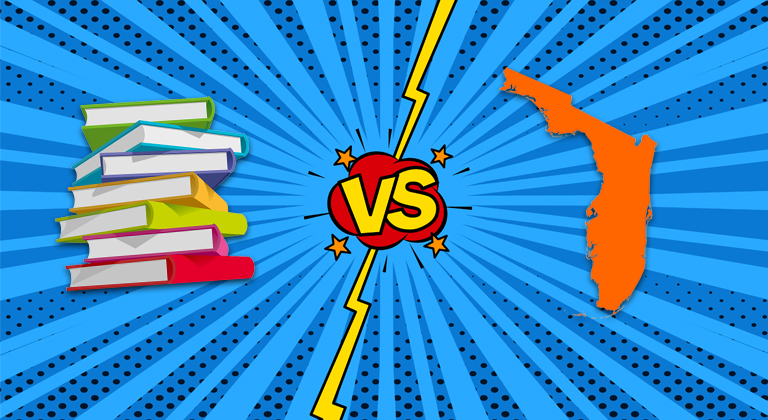
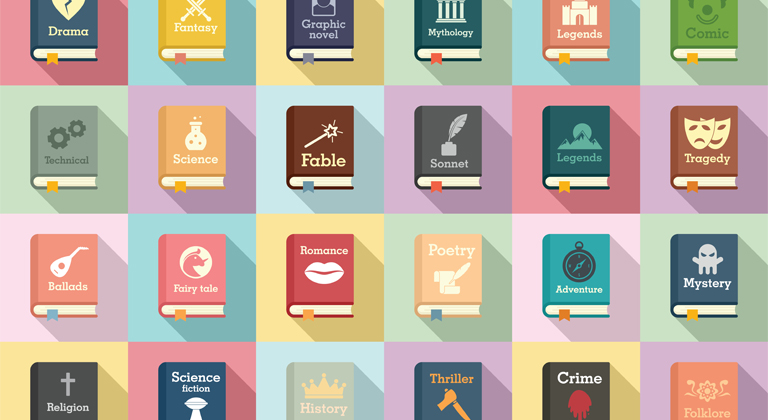



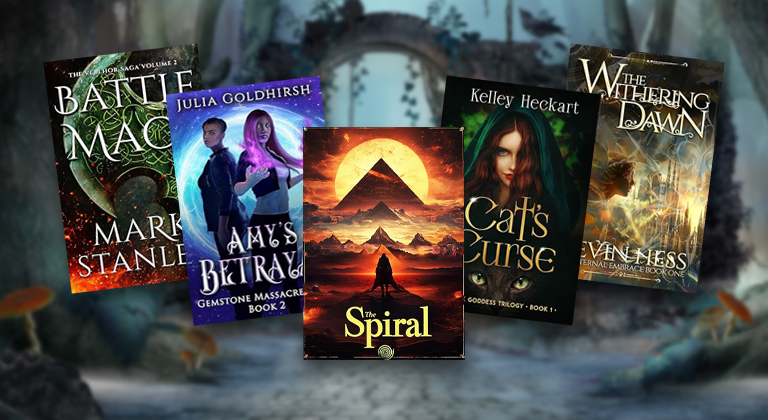
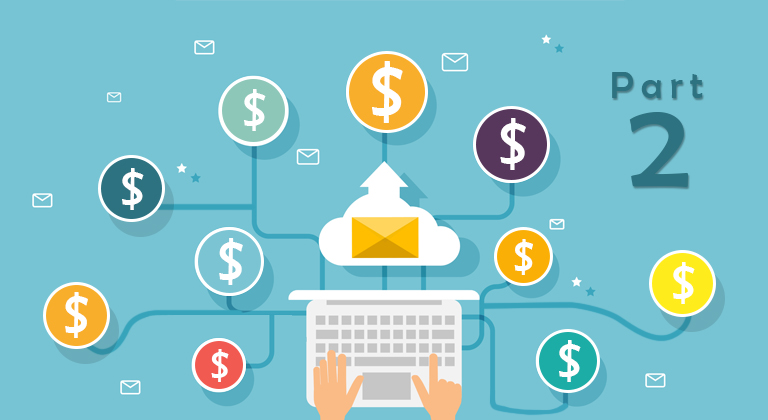
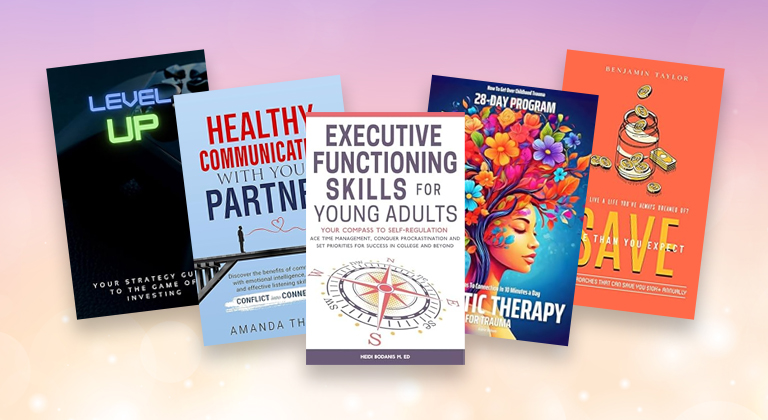
Quite right oh Ginger. Imagination and inspiration are HUMAN qualities. And anyway, rather than anthropomorphising AI as if “ it “ had some kind of will itself, we should beware, as always, of how powerful PEOPLE MANIPULATE IT to their own advantage
Warm good wishes to you Ginger,
Ruth F x